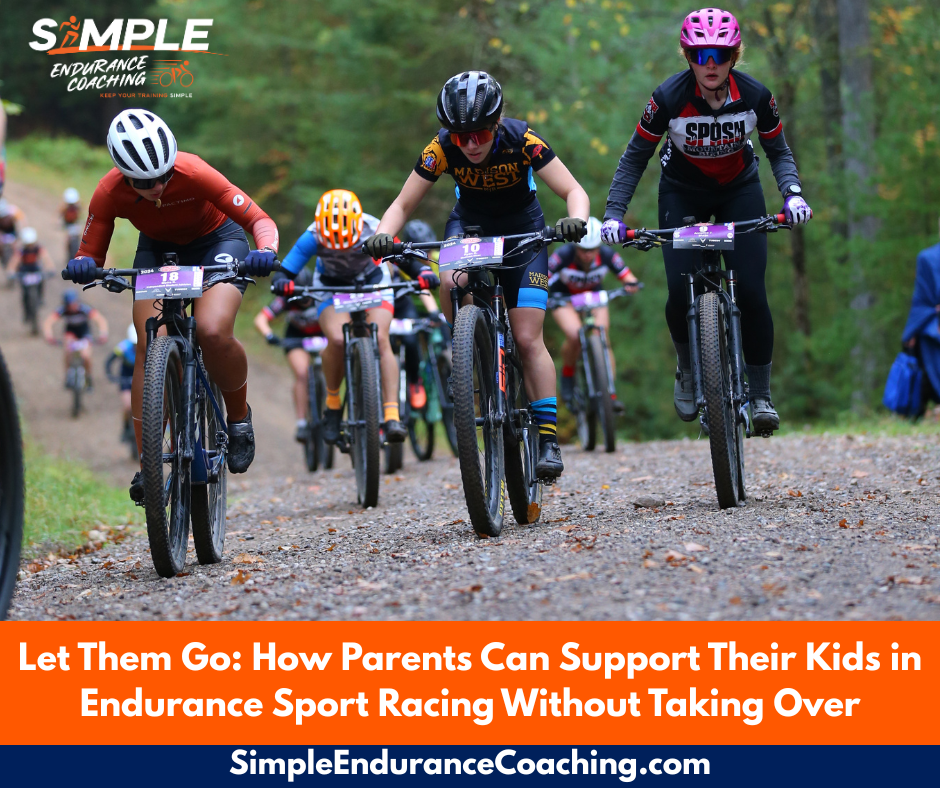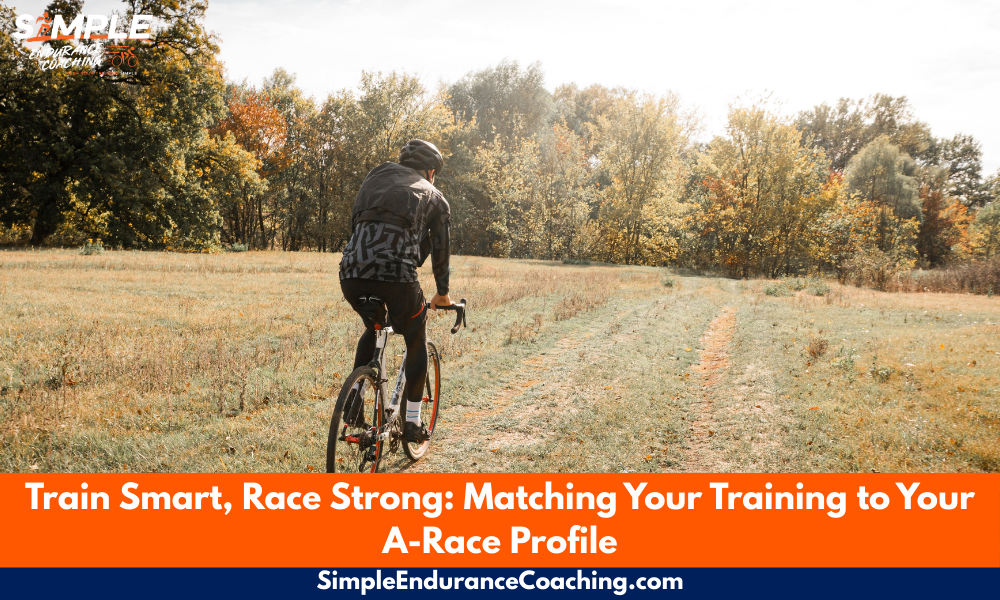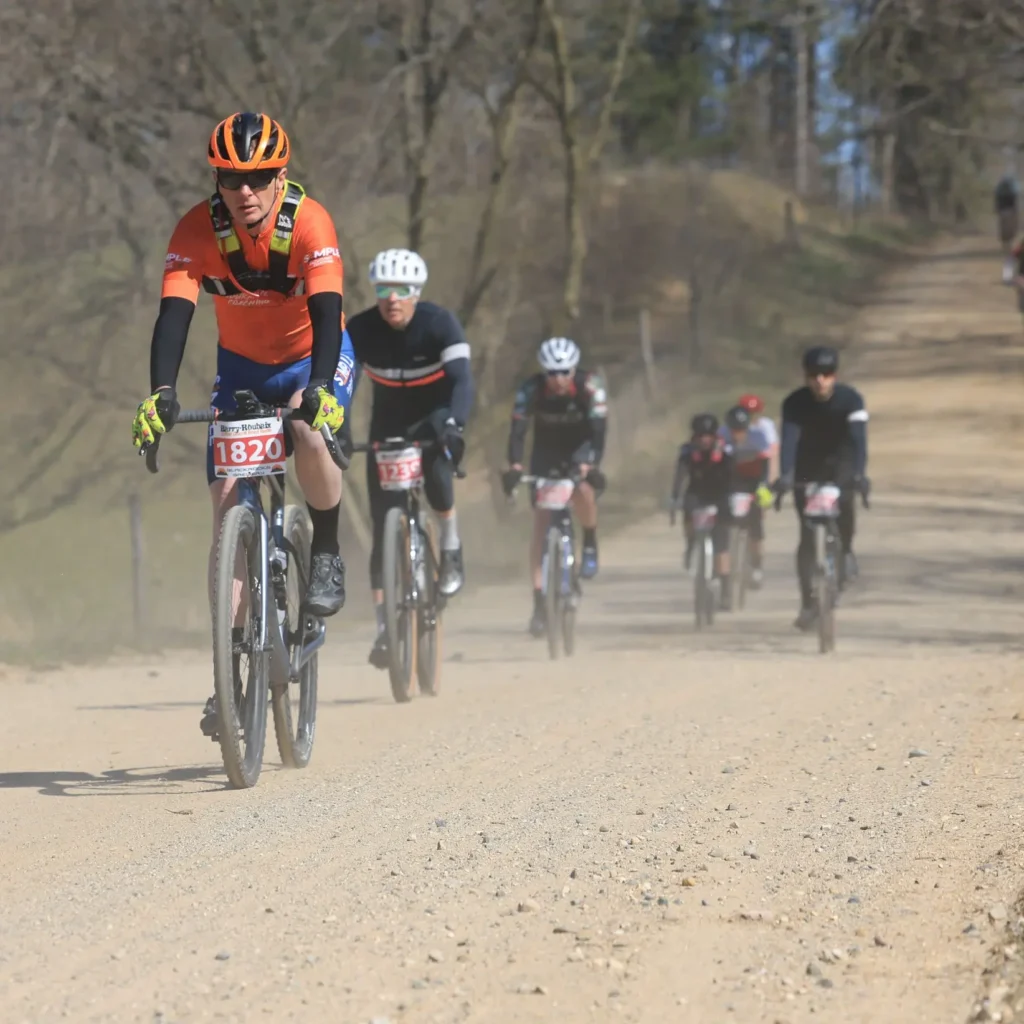Three Things to Know About How Parents Can Best Support Their Children
1. Let kids own their sport. Giving young cyclists autonomy — responsibility for their gear, choices, and preparation — builds confidence, motivation, and resilience.
2. Focus on growth, not results. Praise effort, learning, and enjoyment rather than podiums or power numbers; long-term development matters more than early success.
3. Be a supporter, not a coach. Model good sportsmanship, encourage friendships, and show unconditional support so your child learns to love cycling for life.
I spent a weekend at the Trek Cup cyclocross race in October and watched a lot of parents support their children racers.
The research and top junior coaches suggest an important element in child development: the best way to help kids become strong athletes and resilient people is to let them take ownership of their sport, whether it’s gravel racing, cyclocross, or trail running.
This is where Self-Determination Theory (SDT) comes in.
Developed by psychologists Edward Deci and Richard Ryan, SDT describes three key needs that foster lasting motivation:
- Autonomy: feeling in control of one’s choices
- Competence: feeling capable and improving through effort
- Relatedness: feeling supported and connected to others
When parents understand and nurture these needs, their children not only perform better, but they also thrive.

1. Support Autonomy: Let Kids Own Their Cycling and Running Journey
As Boulder Junior Cycling coach Pete Webber says in a Fast Talk article, one of the best gifts parents can give is to “release your child to the sport.”
He says that means letting them pack their own race bag, set their alarm, and communicate with their coach.
It means allowing them to experience the natural consequences of being unprepared, like a forgotten water bottle or a late warm-up, and learning from it, Webber says.
Autonomy doesn’t mean stepping away completely; it means supporting your child’s choices without controlling them.
Research on SDT shows that when kids feel a sense of ownership over their sport, they’re more intrinsically motivated, more persistent, and less likely to burn out.
Simple ways to build autonomy:
- Let your child choose which races to do or what goals matter most.
- Avoid micromanaging or “post-race debriefs.” Instead, try: “I love watching you race.”
- Allow unstructured play and fun rides — not everything needs to be training.
2. Encourage Competence: Focus on Effort and Learning, Not Results
In endurance sports, early success doesn’t predict future success.
One large study of Olympic athletes across 35 sports found they tended to specialize later and often played multiple sports growing up.
Another study of elite cyclists found that early competition success (like top-10 finishes in U15 categories) had no bearing on who eventually turned professional.
This means your child doesn’t need to “win now.”
What matters most is learning skills, building fitness gradually, and enjoying the process.
Parents can nurture competence by:
- Praising effort and problem-solving, not just results: “You really handled that hill well!”
- Encouraging multi-sport participation because it builds coordination, confidence, and prevents burnout.
- Being patient: athletic development, like fitness, takes years.
Let your child’s skill and motivation mature naturally.
3. Build Relatedness: Be Their Biggest Fan, Not Their Coach
Parents are a young athlete’s most powerful role model.
The way you talk about races, teammates, and coaches directly shapes your child’s sense of belonging in the sport.
To nurture relatedness:
- Keep the family dynamic separate from coaching. Webber’s advice: “Let the coach do the coaching.”
- Model sportsmanship — respect officials, thank volunteers, and cheer for all kids, not just your own.
- Encourage friendships and team bonding over individual accolades.
- Don’t attend every race or practice; give your child space to connect with teammates and coaches.
Relatedness also means emotional safety.
Avoid tying affection to performance (“I’m proud of you because you won”), and don’t let frustration with results spill into negative talk about the coach, team, or child.
4. Redefine Success: Development Over Performance
If there’s one takeaway from all the research, it’s this: the goal isn’t to create a young champion — it’s to help a child love the sport for life.
Focusing on process — not outcome — helps kids stay motivated, healthy, and engaged.
Performance will follow naturally as their physical and emotional maturity develops.
As Dr. Iñigo San Millán reminds parents, even for those dreaming of pro cycling, “have a back-up plan.”
The odds of making it to the elite level are small — but the odds of learning discipline, joy, and self-confidence through cycling are nearly guaranteed when the environment is right.
5. The Parent Checklist: How to Support a Self-Determined Athlete
✅ Ask yourself:
- Do I give unsolicited advice about how to perform better?
- Do I show disappointment after a poor performance?
- Do I praise only when they win?
✅ Instead, focus on:
- Encouraging autonomy (“You decide to schedule your warmup.”)
- Supporting competence (“I saw how you worked through that tough section.”)
- Strengthening relatedness (“I love watching you have fun with your team.”)
I love watching the parents of my junior athletes interact with their children.
I can tell how much the child is loved and supported.
It’s a great thing to watch. I’m always learning from them.
Need more?
Unlock the secrets to mastering gravel racing with our FREE Guide to Gravel Racing! Get yours here.
BOOK A CALL so we can discuss your goals, answer questions, and talk about making your endurance training more effective, fun, and Simple.
Paul Warloski is a:
- USA Cycling Level 1 Advanced Certified Coach
- RRCA Running Coach
- Training Peaks Level 2 Coach
- RYT-200 Yoga Instructor
- Certified Personal Trainer
- Certified Nutrition Advisor




